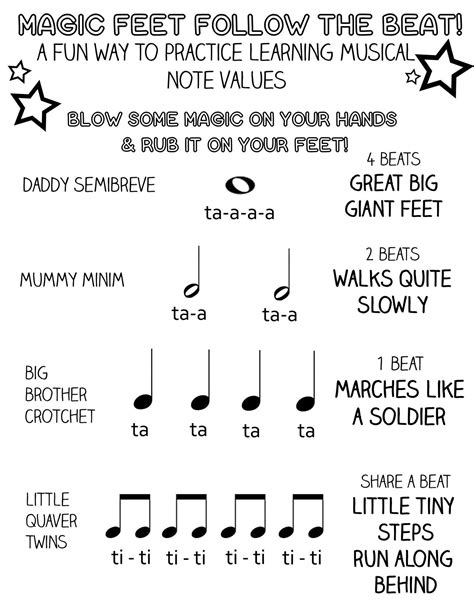Grading music pieces in college can be a daunting task, especially for those who are new to the field. However, by following a few simple guidelines, you can ensure that your grades are fair and accurate.

Criteria for Grading Music Pieces
When grading a music piece, there are a number of factors that you should consider, including:
- Technical proficiency: This refers to the student’s ability to execute the music accurately and with good technique.
- Musicality: This refers to the student’s ability to interpret the music in a way that is both expressive and musically sound.
- Creativity: This refers to the student’s ability to come up with new and original ideas in their performance.
- Overall impression: This refers to the overall impact of the student’s performance, taking into account all of the above factors.
Grading Scale
The grading scale for music pieces in college varies from institution to institution. However, most institutions use a 100-point scale, with the following grades:
- A: 90-100 points
- B: 80-89 points
- C: 70-79 points
- D: 60-69 points
- F: Below 60 points
Common Mistakes to Avoid
When grading music pieces, it is important to avoid making the following common mistakes:
- Grading too harshly: It is important to remember that students are still learning and that they may not always be able to perform at their best. Be fair in your grading and give students credit for their effort.
- Grading too leniently: It is also important to avoid grading too leniently. If you do, students may not take your feedback seriously and may not improve their performance.
- Being biased: It is important to be impartial when grading music pieces. Do not let your personal preferences or biases influence your grading.
- Grading inconsistently: Be consistent in your grading. If you give one student a high grade for a particular performance, you should give other students similar grades for similar performances.
Tips and Tricks
Here are a few tips and tricks for grading music pieces in college:
- Use a rubric: A rubric is a scoring guide that can help you to ensure that you are grading all students fairly and consistently.
- Listen to the piece multiple times: Do not grade a piece after only one listening. Listen to it multiple times to get a better sense of the student’s performance.
- Take notes: As you listen to the piece, take notes on the student’s technical proficiency, musicality, creativity, and overall impression.
- Use feedback to help students improve: Do not just give students a grade and send them on their way. Provide them with feedback on their performance so that they can improve their skills.
Grading Rubric
The following grading rubric can be used to assess music pieces in college:
| Criteria | Points |
|---|---|
| Technical proficiency | 30% |
| Musicality | 30% |
| Creativity | 20% |
| Overall impression | 20% |
| Score | Grade |
|---|---|
| 90-100 | A |
| 80-89 | B |
| 70-79 | C |
| 60-69 | D |
| Below 60 | F |
FAQs
Here are some frequently asked questions about grading music pieces in college:
- What is the most important factor to consider when grading a music piece?
The most important factor to consider when grading a music piece is the student’s overall impression. This takes into account all of the other factors, such as technical proficiency, musicality, and creativity.
- How can I improve my grading accuracy?
You can improve your grading accuracy by using a rubric, listening to the piece multiple times, and taking notes on the student’s performance.
- What should I do if I am not sure how to grade a particular piece?
If you are not sure how to grade a particular piece, consult with a more experienced colleague or your instructor.
- How can I provide students with feedback that will help them improve their performance?
When providing students with feedback, be specific and constructive. Avoid using general statements such as “good job” or “nice work.” Instead, point out specific things that the student did well and offer suggestions for improvement.
- How can I avoid grading bias?
To avoid grading bias, be aware of your own personal preferences and biases. Make sure that you are grading all students fairly and consistently, regardless of their race, gender, or other factors.
- What are some common mistakes to avoid when grading music pieces?
Some common mistakes to avoid when grading music pieces include grading too harshly, grading too leniently, being biased, and grading inconsistently.
- How can I make the grading process more efficient?
You can make the grading process more efficient by using a rubric, listening to the piece multiple times, and taking notes on the student’s performance.
- What is the best way to prepare students for the grading process?
The best way to prepare students for the grading process is to provide them with clear and specific criteria for assessment. You can also provide students with sample rubrics and examples of well-graded pieces.
